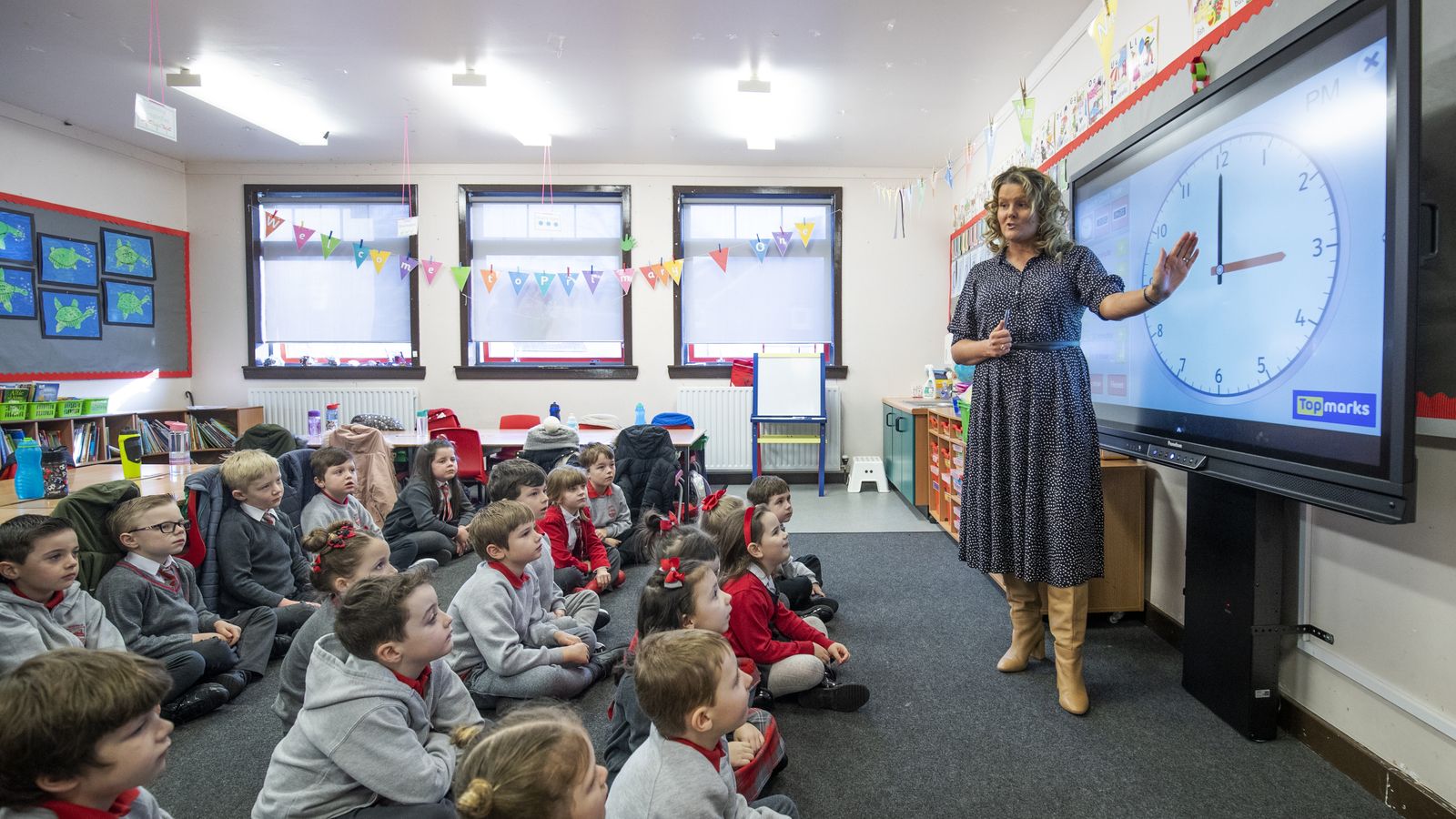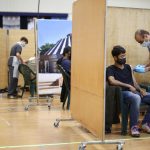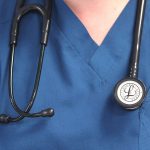There is no evidence of a difference between school staff testing positive for coronavirus antibodies and the wider working-age population, according to the Office for National Statistics (ONS).
The main findings from the Schools Infection Survey come ahead of children going back to classrooms in England next week as part of the first phase of lifting the coronavirus lockdown.
As of 10 December 2020, it is estimated 14.61% of primary school staff had COVID-19 antibodies, suggesting they had been infected with the illness, while 15.72% of secondary staff were thought to have had them.
Please use Chrome browser for a more accessible video player
That’s a small rise on the previous month, where 12.63% of primary teachers and 12.27% of secondary staff were thought to have antibodies.
In total, 14.99% of teachers involved in the study tested positive for antibodies – lower than that of the wider population of working adults, which has been estimated at 18.22%.
That means that teachers appear to be no more at risk than any other part of the working population.
All data in the ONS report is taken from a small sample of schools in England, meaning only estimates can be drawn from the study.
All children in all schools will be expected to head back to class on 8 March, after more than two months of home-learning.
Families will be expected to test children twice a week using the rapid tests, while testing sites will also open at some school sites.
Subscribe to the Daily podcast on Apple Podcasts, Google Podcasts, Spotify, Spreaker
Teaching unions have criticised the government for not prioritising the vaccinating of teachers ahead of reopening.
Paul Whiteman, general secretary of school leaders’ union NAHT, said school teams “often occupy confined and unventilated spaces for long periods of time with only rudimentary PPE (personal protective equipment)”.
“The fact that it may have added some complexity to rollout is not a good enough reason not to prioritise the needs of committed professionals,” he said.
Schools in Scotland and Wales have already begun a phased return to the classroom.






















